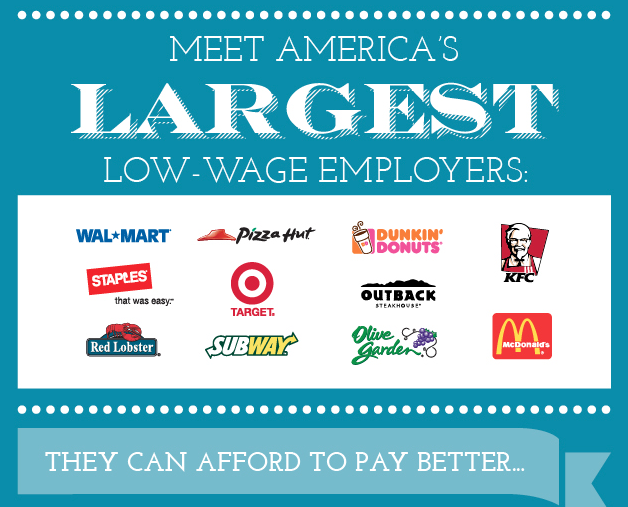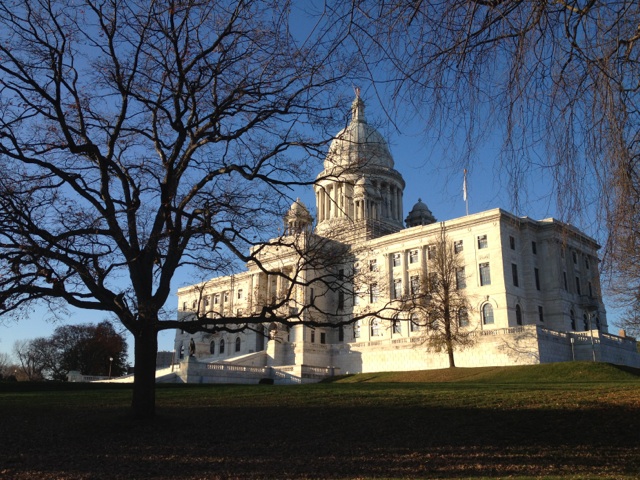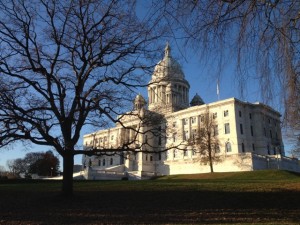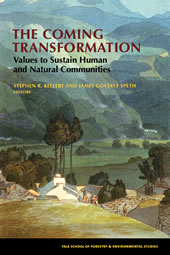 2013 starts off with some rare good news for Rhode Island’s lowest paid workers. Or, put more accurately, the bad isn’t as bad as it’s been in years past. Yesterday, the state’s minimum wage went up 35 cents to $7.75 an hour. In other words, about 30,000 Rhode Islanders who were making about $15,000 a year will now be making about $16,000 annually.
2013 starts off with some rare good news for Rhode Island’s lowest paid workers. Or, put more accurately, the bad isn’t as bad as it’s been in years past. Yesterday, the state’s minimum wage went up 35 cents to $7.75 an hour. In other words, about 30,000 Rhode Islanders who were making about $15,000 a year will now be making about $16,000 annually.
But even though this small increase isn’t enough to lift anyone out of abject poverty – or even keep up with inflation since the last time it was raised six years ago – it’s still really good economic news for the state as a whole as we can pretty much rest assured that every single person benefiting from this increase will put their extra earnings directly back into the economy.
“Rhode Island’s modest minimum wage increase this year will help promote economic growth by boosting the exact kind of consumer spending that we need to accelerate the post-recession recovery,” said George Nee, President the Rhode Island AFL-CIO in a press release.
Not only is raising the minimum wage good for the economy, but the companies that tend to employ minimum wage labor can well afford to help out their employees and the economy in this way.
According to this report, “the majority of America’s lowest-paid workers are employed by large corporations, not small businesses, and that most of the largest low-wage employers have recovered from the recession and are in a strong financial position.”
Nee has said he will lobby for another minimum wage increase for the poorest Rhode Islanders, but a federal increase is what is really needed. “Congress should not only learn from Rhode Island’s example by raising the minimum wage, but it should also index the minimum wage to rise automatically with the cost of living so that low-paid workers do not fall further behind each year,” he said.
This from the release from the AFL-CIO:
In real terms, the federal minimum wage is 30 percent lower today than in 1968. The Fair Minimum Wage Act of 2012, introduced in the U.S. Senate and House of Representatives in July, would help recover much of this lost value by raising the federal minimum wage to $9.80 by 2014 and adjusting it annually with rising living costs thereafter.





